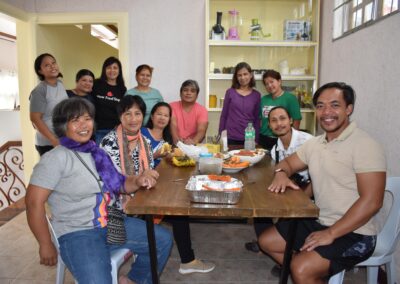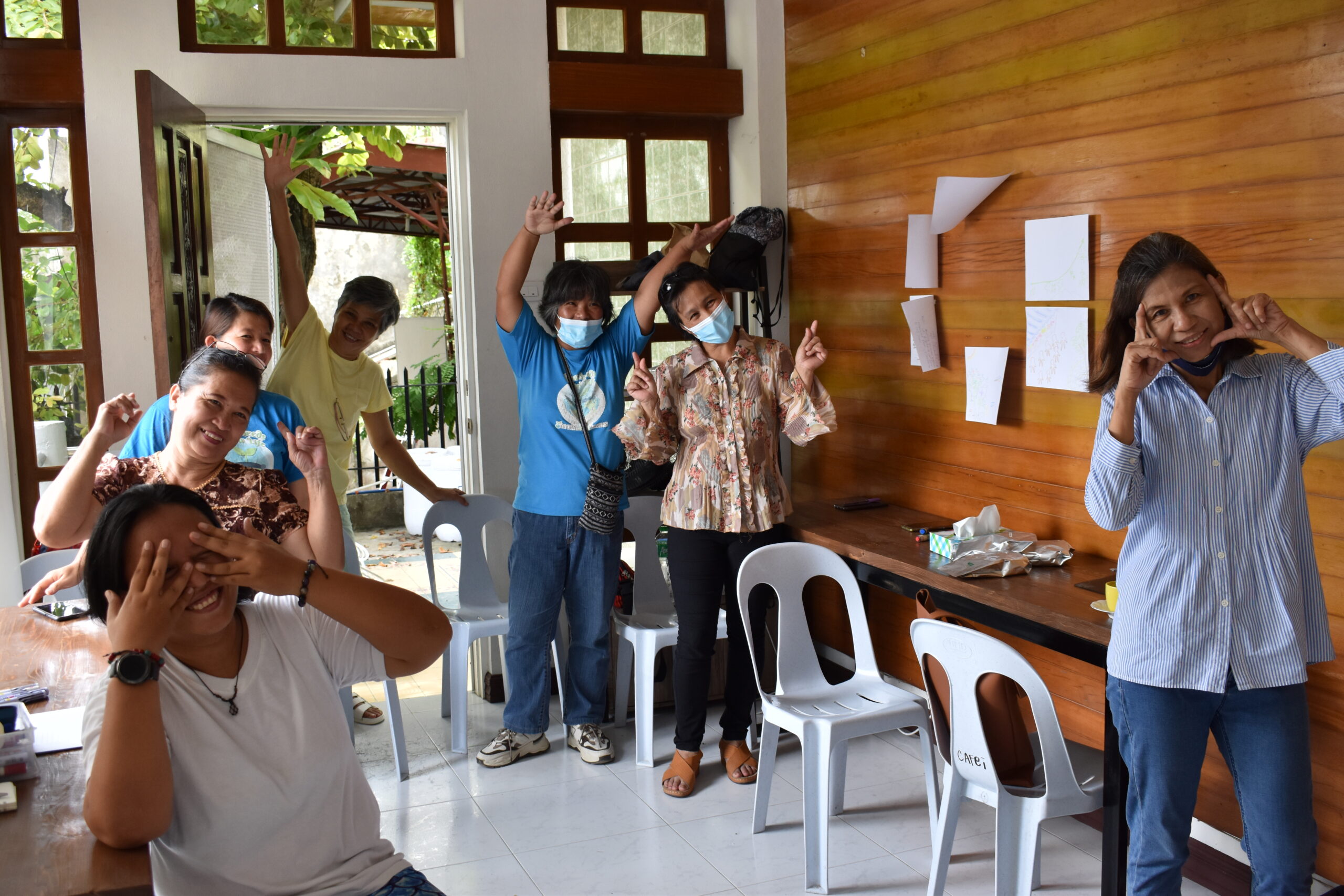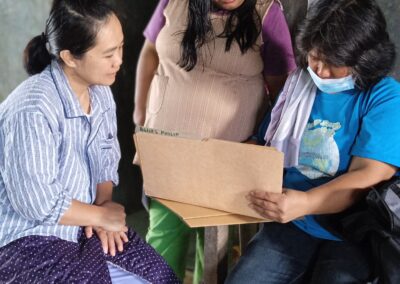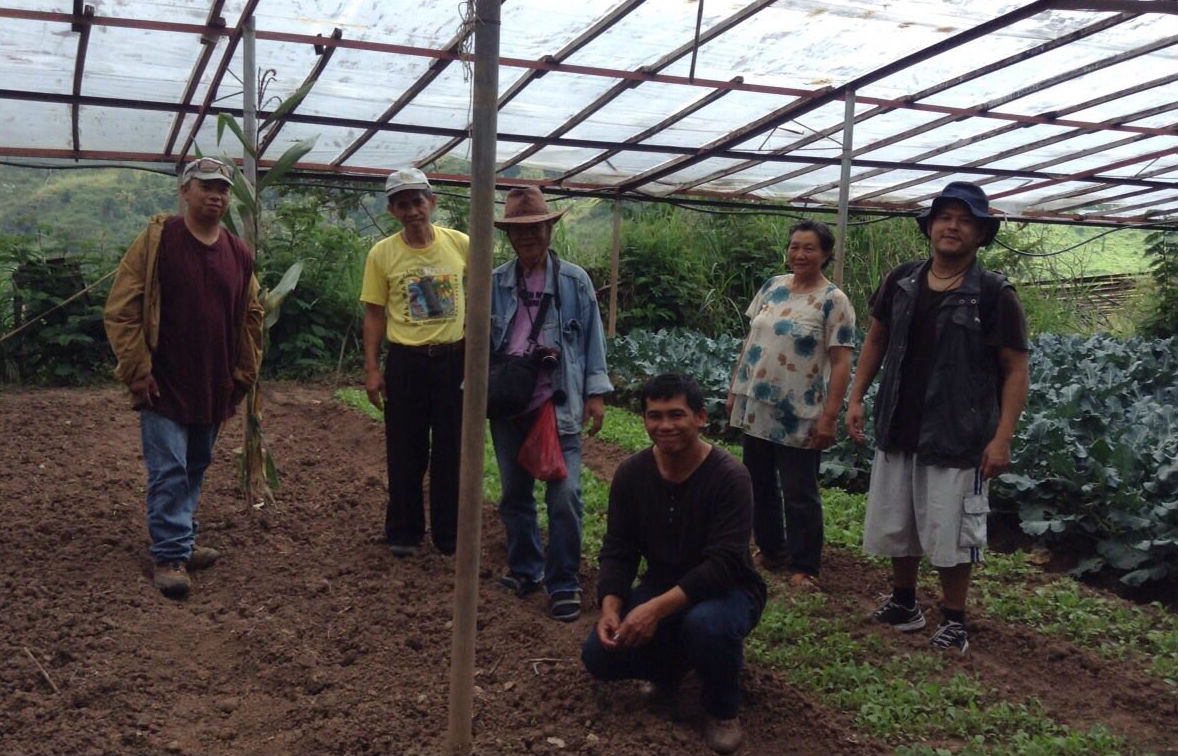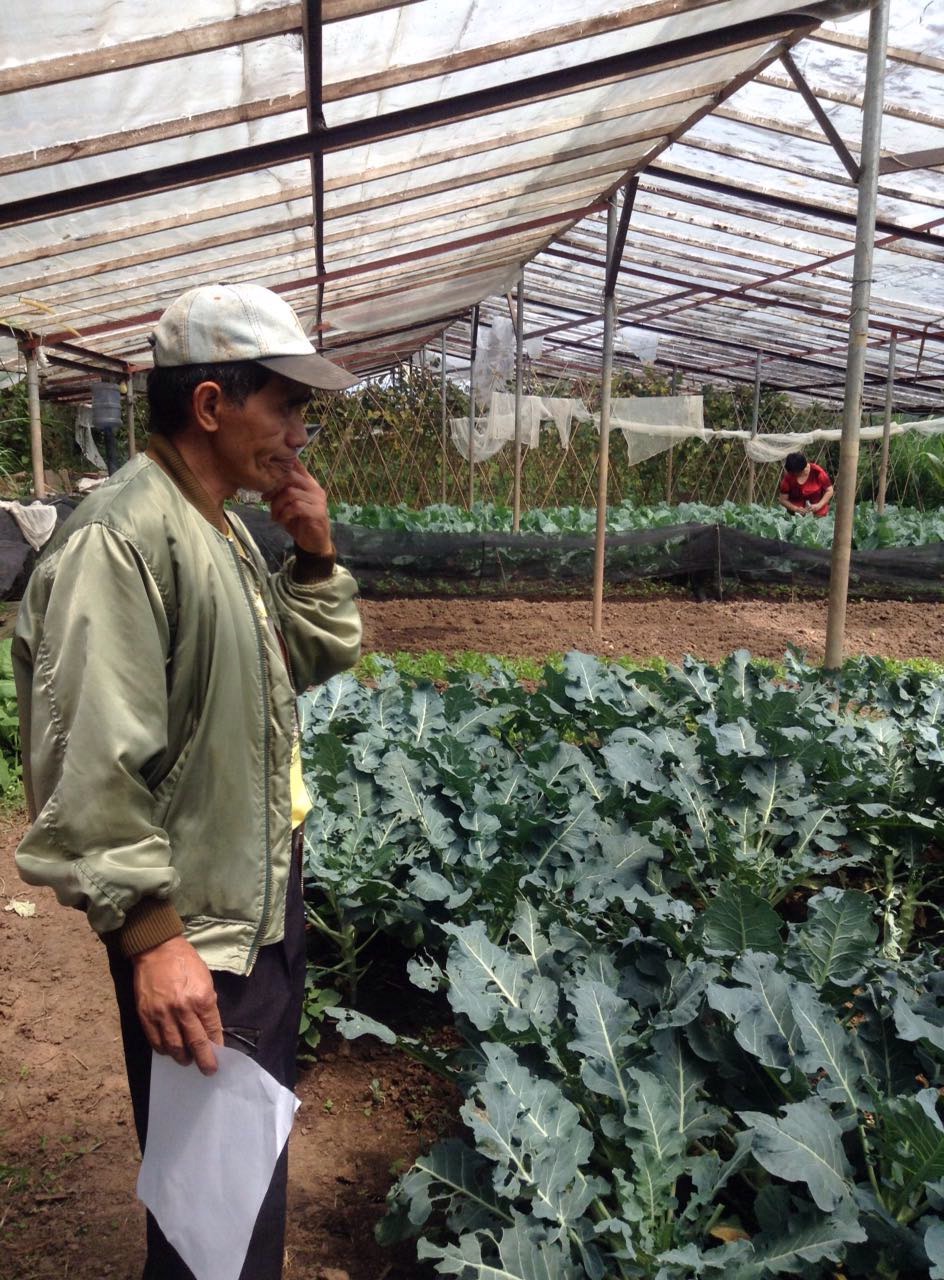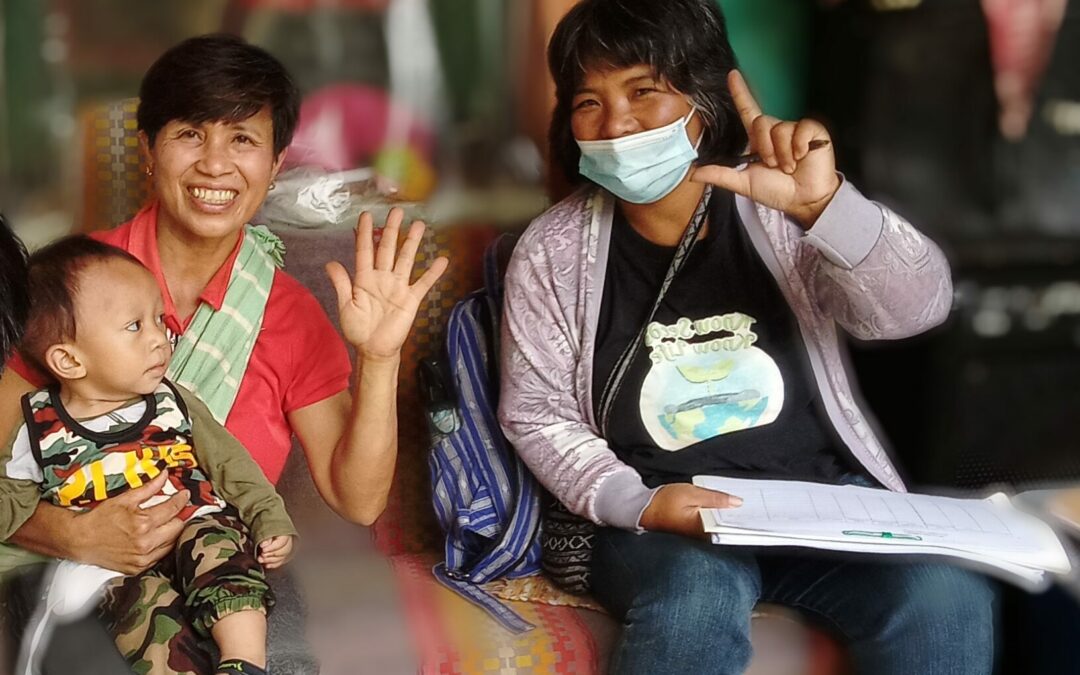
What is Ecofeminism?
While agriculture is a male-dominated industry, the reality is that women produce 60 to 80 percent of the food in most developing countries. Women also manage water, sources of fuel, and food, as well as forests and agricultural terrains in most communities. This highlights an important fact: food sovereignty cannot be achieved without the voices and perspectives of women.
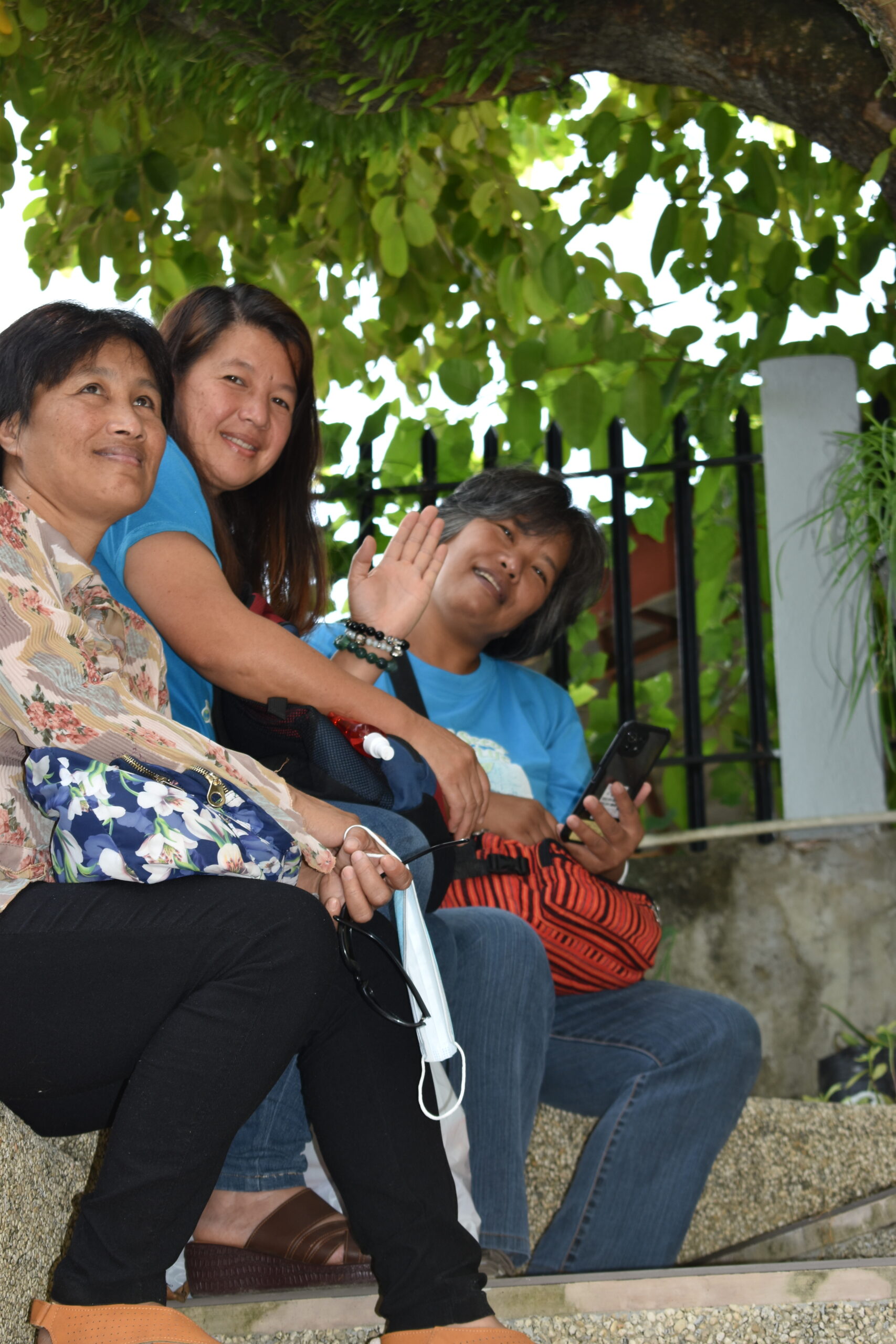
The crucial links between women and the environment are well-ensconced in various international agreements. For example, the Convention on the Elimination of All Forms of Discrimination Against Women (CEDAW) addresses a number of environmental issues that affect women. Meanwhile, the Beijing Platform for Action, an outcome of the Fourth World Conference on Women includes an entire chapter on women and the environment, and the need to actively involve women in environmental policy- and decision-making.
Ecofeminism brings the discussion of the critical connection between women and the environment to a deeper level. It asserts that the oppression of women and the exploitation of the environment are interconnected.
Ecofeminism is founded on four main principles:
- Both the oppression of marginalized groups and the exploitation of nature are connected by the same cause: patriarchal dominance exacerbated by capitalism. Ecofeminism understands that the same mindset that treats women as objects to be dominated and controlled is the same mindset that treats the earth as a resource to be exploited and plundered.
- We must replace our culture of domination and oppression with an ethic of care, an approach to morality that is grounded in the feminine characteristics of caring and nurturing. It underscores equitable decision-making that prioritizes care for others.
- All forms of oppression are unacceptable and interconnected. True environmentalism is all-encompassing. It offers solutions that consider the differing needs of people from different races, genders, and socio-economic backgrounds. Only by understanding these connections can equitable change happen. If an environmental solution further marginalizes any class of people, then it is not an acceptable solution.
- The people most affected by environmental destruction, women, particularly indigenous women and other women of color, must be the ones to lead the movement. Ecofeminists, such as Katherine Wilkinson of Project Drawdown believe: “If what we’re talking about is the transformation of our economy and society, it’s going to take transformational leadership to get us there. And that looks like leadership that’s more characteristically feminine”.
In a biodiverse country like the Philippines, ecofeminism provides a unique perspective for promoting sustainable and equitable development. Here are some of the ways that ecofeminism has manifested in the Philippines:
Women-led conservation efforts: Women in the Philippines have been at the forefront of conservation efforts, particularly in protecting forests and marine ecosystems. For example, the Innabuyog, an alliance of indigenous women’s organizations in the Cordilleras has been leading initiatives to protect land, life, and rights. Aside from protecting forests and biodiversity through community-led conservation and sustainable livelihoods, the women of Innabuyog aims to “[reclaim] the indigenous women’s historical and significant role in defending ancestral land, life, resources, and dignity”.
Gender-responsive climate policies: Ecofeminism recognizes that climate change disproportionately affects women and marginalized communities. In the Philippines, the government has started to integrate gender perspectives into its climate policies. The Gender and Development (GAD) Focal Point System which is being employed by all government institutions for example, ensures that climate change adaptation and mitigation measures are gender-responsive and take into account the different needs and roles of women and men in the community. The government has also recently updated the Gender Equality and Women’s Empowerment Plan which provides for the “participation of women in local councils including agriculture-related organizations or associations for their voices and experiences to be considered in local development”.
Regenerative agriculture and food sovereignty: Women in many cultures have been the custodians of traditional seed varieties and agricultural practices for generations, making them important players in promoting sustainable agriculture and biodiversity conservation. This reality is evident in Global Seed Savers’ work with farming communities in the Philippines, where a majority of our partner farmers and seed savers are women.
Ecofeminism recognizes that the root causes of environmental degradation and social injustice are structural. It also acknowledges the reality women are disproportionately affected by environmental issues such as climate change, pollution, biodiversity loss, etc. Ecofeminism seeks to challenge dominant power structures that prevent us from creating a just and sustainable world.
As we celebrate International Women’s Day, it is important to recognize the critical role that women play in addressing environmental and social issues. By integrating feminist and environmental principles, ecofeminism provides a framework for addressing these complex and interconnected issues.
